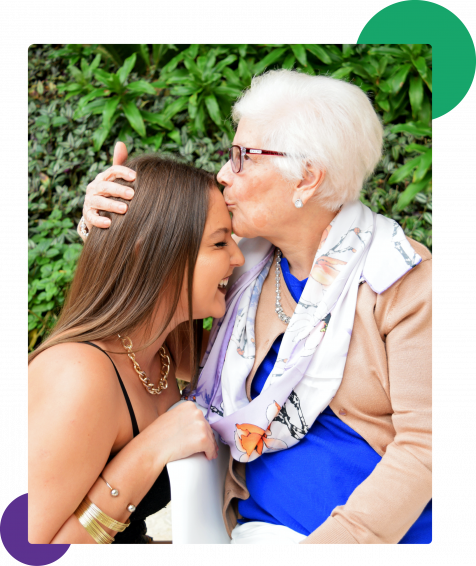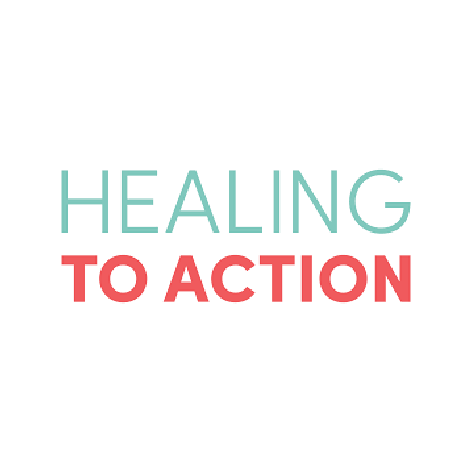Care For Our Caregivers
SHEcovery™ Actions

Caregiving responsibilities have landed squarely on women throughout the pandemic. This fact has resulted in a cascade of crises such as job loss, added responsibilities such as homeschooling, caring for those sick with COVID-19, aging parents, and those at greater risk during the pandemic.
The increase in caregiving responsibilities often found women with no time or energy to engage in critical acts of self-care.Without help supporting wage losses and managing family care, effects will further oppress women in Chicago.
Impact on Caregiving Women
Impact on Women
Research results indicate that 60% of working parents do not receive outside help when it comes to childcare. During the pandemic, 13% of working parents resigned or reduced their work hours due to a lack of childcare.20
Impact on Women
For those already caring for someone under 18, more than one in ten now say they have additional caregiving responsibilities as a result of the pandemic due to school closures.
Impact on Women
Income loss and intensifying childcare responsibilities during the pandemic also called on many young women, ages 22 and younger, to take on jobs and sometimes simultaneously care for family members.
Impact on Women
Research also shows that 27% of women reported an increase in challenges associated with mental illness, compared to only 10% of men. Women mention skyrocketing unpaid care burdens as a source of stress, in addition to anxiety regarding livelihoods, food access, and health care.21
Impact on Women
In addition to juggling new, increased home and work responsibilities, many women went without pay. Almost half (47%) of working mothers said they took unpaid sick leave because their child’s school or daycare was closed. This rose to 65% among low-income mothers and 70% among those working part-time jobs.22
SHEcovery™
Priorities
In Action
- Advocate for Medicare and Medicaid to cover home and community-based services (HCBS)
- Support Child Care for Working Families Act
- Support Universal Child Care and Learning Act
- Increase funding for care options during non-standard hours
- Increase subsidies and tax incentives for home childcare providers
- Increase the financial compensation and health assistance for caregivers

to rely on abusive partners for their financial survival."

